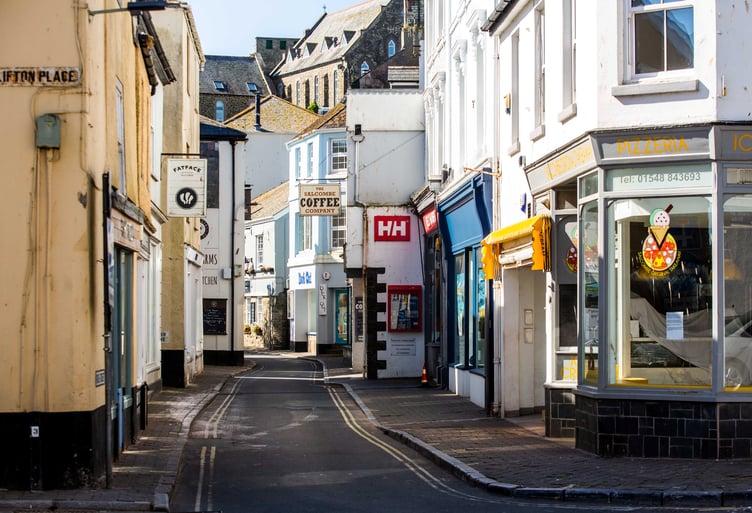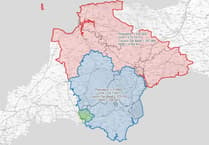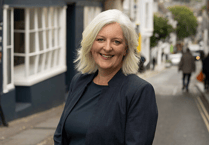According to research published by South Hams District Council, tourism is responsible for around one in every ten of our jobs with an estimated annual visitor spend of £266.26 million. So you would have thought our politicians would have the sense not to do anything that might discourage people from coming here.
Yet no sooner did a spokesperson for the Ministry of Housing, Communities and Local Government acknowledge they were open to the possibility of a tourist tax than Devon County Council leader Julian Brazil told the BBC he was in favour of it, adding: “I think it’s a good opportunity for us to raise money locally and then spend it locally.”
Nor is it the first time he has seen visitors as an easy target. At the start of this year he introduced two-tier charging in SHDC car parks, telling the BBC: “Thousands of extra people visit the South Hams during the summer, that’s strain on the bins, the beaches, the street scenes, I think they should pay their share.”
So clearly the money they already spend and the jobs they support cannot be considered ‘their share’. Nor does he appear to have read those newspapers who in August reported that the £10 daily parking fee in Salcombe had led to a noticeable decline in visitors, with local businesses feeling the impact.
He did admit, writing in this paper in May, “we don’t always get it right, and we should own up to our mistakes and take responsibility”, adding that his final act as District Council leader would be “to implement an immediate review of the new charging scheme. There will still have to be increases but changes are required.” It seems that review has yet to take place.
He also caveated his support for a tourist tax with the demand that “the government mustn’t see this as ‘you’re raising that money and so we don’t need to give it to you’. This is extra money we can use to invest in the tourism sector and then consult with the tourism industry and chambers of commerce about how we spend it.”
However, when supporting the doubling of council tax on second home owners, he did so before ensuring the money raised would be ring-fenced for housing. And since becoming County Council leader, he appears to have done nothing to rectify that. It is to be hoped, before implementing a tourist tax, he will this time ensure the money is actually used to invest in tourism.
The Salcombe experience has shown visitors are less than enthusiastic at the thought of coming here to be fleeced. And a tourism tax is hardly likely to make them keener to visit.
Adding pressure to tourism and hospitality is far from sensible. The sector already faces the highest VAT rate in Europe, rising wages and insurance, and now almost double electricity standing charges to subsidise energy-intensive firms.
As UK Hospitality chair Kate Nicholls told the Sunday Times: “It’s unacceptable to force cash-strapped hospitality businesses to pick up the discounts for large manufacturers.” Restaurants, pubs, bars and hotels have lost 89,000 jobs in the past year.
Before adding to their costs and making holidays less affordable, our politicians might stop and think—otherwise much of our visitor economy may simply disappear.





Comments
This article has no comments yet. Be the first to leave a comment.